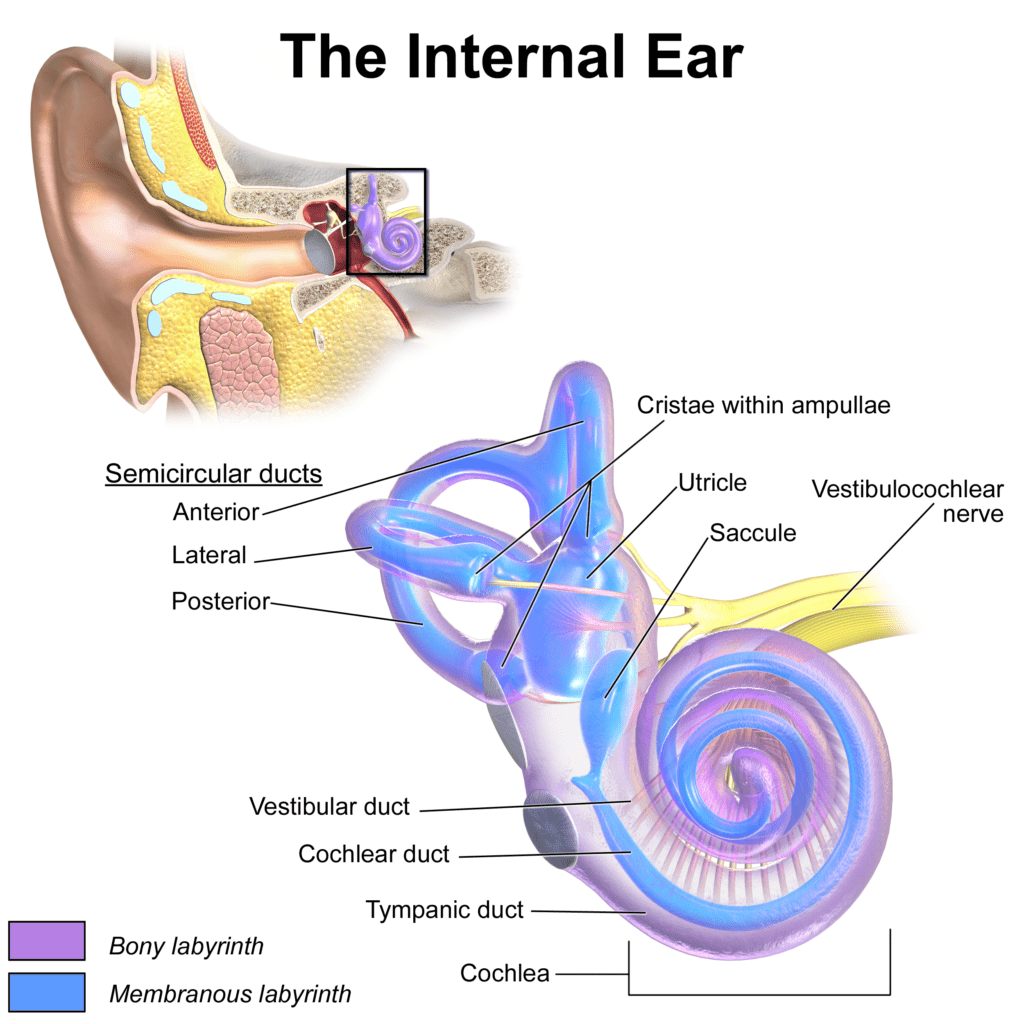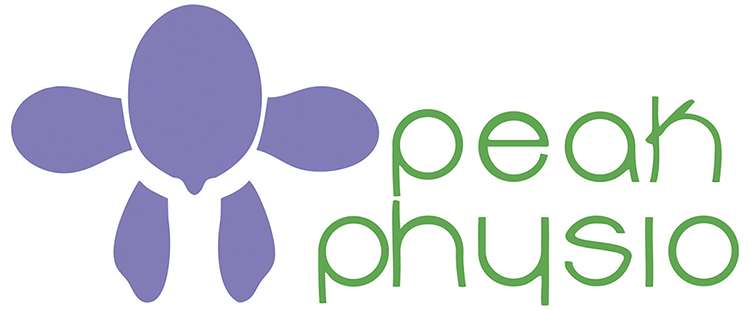What is Vestibular Physiotherapy?
Vestibular physiotherapy focuses on the assessment and treatment of vertigo, dizziness, and balance disorders.
Research shows that 34% of people over the age of 50 experience dizziness and 85% of people over the age of 80 have some level of vestibular dysfunction.
What are the most common disorders?
- Benign Positional Paroxysmal Vertigo (BPPV)
- Neuritis / Labyrinthitis
- Meniere’s Disease
- Peripheral Hypofunction
- Vestibular Migraines
How can physiotherapy help?
We will take you through an extensive assessment to determine the cause of your symptoms and then the appropriate management. This may include repositioning manoeuvres, balance exercises or vestibular-ocular rehabilitation exercises.
What is BPPV?
Benign Positional Paroxysmal Vertigo (BPPV) is the most common cause of dizziness and is recognisable as short bouts of vertigo or spinning caused by changes to your head position. The name can be understood as follows:
Benign: Not dangerous.
Paroxysmal: Rapid onset that eases and then returns.
Positional: Triggered by head movement.
Vertigo: Spinning sensation.
The most common time to experience these symptoms is rolling over in bed and/or sitting up on the edge of the bed.
What causes BPPV / Vertigo?
The inner ear is comprised of the semi circular canals that have endolymph fluid and hair cells inside them as otoconia or calcium carbonate crystals that are usually found in the utricle. The crystals are responsible for sending signals to your brain regarding head motion and position. When the crystals become dislodged and fall into one of the semicircular canals they send mismatched information about head movements to your brain resulting in a spinning sensation and involuntary eye movements.

These episodes can be very distressing; however, the spinning usually eases quickly, within 1 minute. Your balance may continue to be affected, increasing your risk of falls, which is why it is important to get treated as soon as possible. Treatment involves manoeuvring your head and body around to move the crystals out of the affected canal.
What should I bring on the day of the appointment?
Please bring your referral if you have one, your medication list and any relevant documentation including CT or MRI brain results and hospital discharge summaries.
We strongly recommend having someone drive you on the day of the appointment.
If you are booking for vestibular rehabilitation, please let our team know, as not all physiotherapists have the same level of training in this form of treatment.
